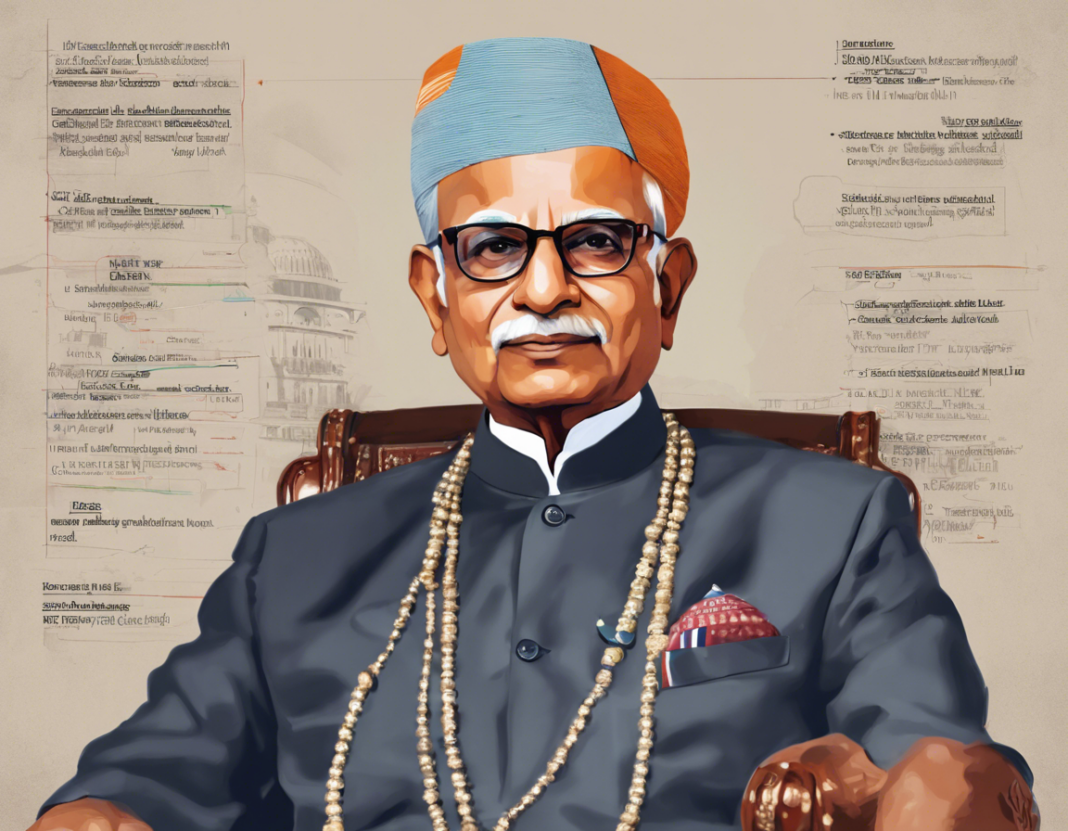With the 2023 Presidential elections in India drawing closer, there is much speculation and anticipation surrounding who will be the next President. The President of India is the head of state and holds a ceremonial position with important constitutional powers. The current President, Ram Nath Kovind, is set to complete his term in 2022, and the upcoming election will determine his successor. In this article, we will explore the potential candidates and key considerations for the future President of India in 2023.
Potential Candidates for the 2023 Presidential Election
-
Amit Shah: As the current Home Minister and a senior leader of the ruling Bharatiya Janata Party (BJP), Amit Shah is a prominent figure in Indian politics. Known for his organizational abilities and strategic thinking, he is considered a strong contender for the Presidential race.
-
Sushma Swaraj: A former Minister of External Affairs and a respected BJP leader, Sushma Swaraj’s experience in diplomacy and governance makes her a potential candidate for the Presidential nomination.
-
Sharad Pawar: A veteran politician and the founder of the Nationalist Congress Party (NCP), Sharad Pawar’s wide-ranging political experience and astute leadership have positioned him as a formidable candidate for the Presidential election.
-
Mayawati: The former Chief Minister of Uttar Pradesh and the leader of the Bahujan Samaj Party (BSP), Mayawati represents the interests of marginalized communities and is known for her political acumen.
-
Sonia Gandhi: As the President of the Indian National Congress party and a prominent figure in Indian politics, Sonia Gandhi has the support of a vast political network and could emerge as a consensus candidate for the Presidency.
Key Considerations for the Future President of India
-
Political Experience: The ideal candidate for the Presidency should have a solid background in politics and governance to effectively discharge the duties of the office.
-
Non-Partisan Approach: The President of India is expected to uphold the constitution and act as a unifying figure above partisan politics, symbolizing the unity and diversity of the country.
-
Integrity and Ethical Values: Integrity and ethical values are essential traits for the President, as they represent the highest office of the country and set an example for the nation.
-
Diplomatic Skills: Given the ceremonial role of the President in representing India on the global stage, diplomatic skills and a sound understanding of international relations are crucial.
-
Commitment to Constitutional Principles: The President must uphold the principles of the constitution and ensure the functioning of a democratic and inclusive government.
Frequently Asked Questions (FAQs)
- What are the qualifications required to be the President of India?
-
The qualifications for the President of India include being a citizen of India, at least 35 years of age, eligible to be a member of the Lok Sabha, and not holding any office of profit under the Government of India or any state government.
-
How is the President of India elected?
-
The President of India is elected by an electoral college consisting of the elected members of both houses of Parliament, as well as the elected members of the Legislative Assemblies of the States and Union territories.
-
What are the powers of the President of India?
-
The President of India has the power to appoint the Prime Minister, dissolve the Lok Sabha, promulgate ordinances, and act as the supreme commander of the Indian Armed Forces, among other constitutional powers.
-
Can the President of India be removed from office before the end of the term?
-
The President of India can be impeached for violating the constitution, but the process is complex and requires a two-thirds majority in both houses of Parliament to impeach the President.
-
Is the President of India involved in day-to-day governance?
- The President of India is not involved in day-to-day governance and acts on the advice of the Council of Ministers led by the Prime Minister. The President’s role is largely ceremonial and symbolic.
In conclusion, the upcoming Presidential election in 2023 will be a critical moment for Indian politics, determining who will serve as the next head of state and represent the country on the global stage. The selection of a candidate with the right balance of experience, integrity, and commitment to constitutional values will be vital in shaping the future of India’s highest office.

